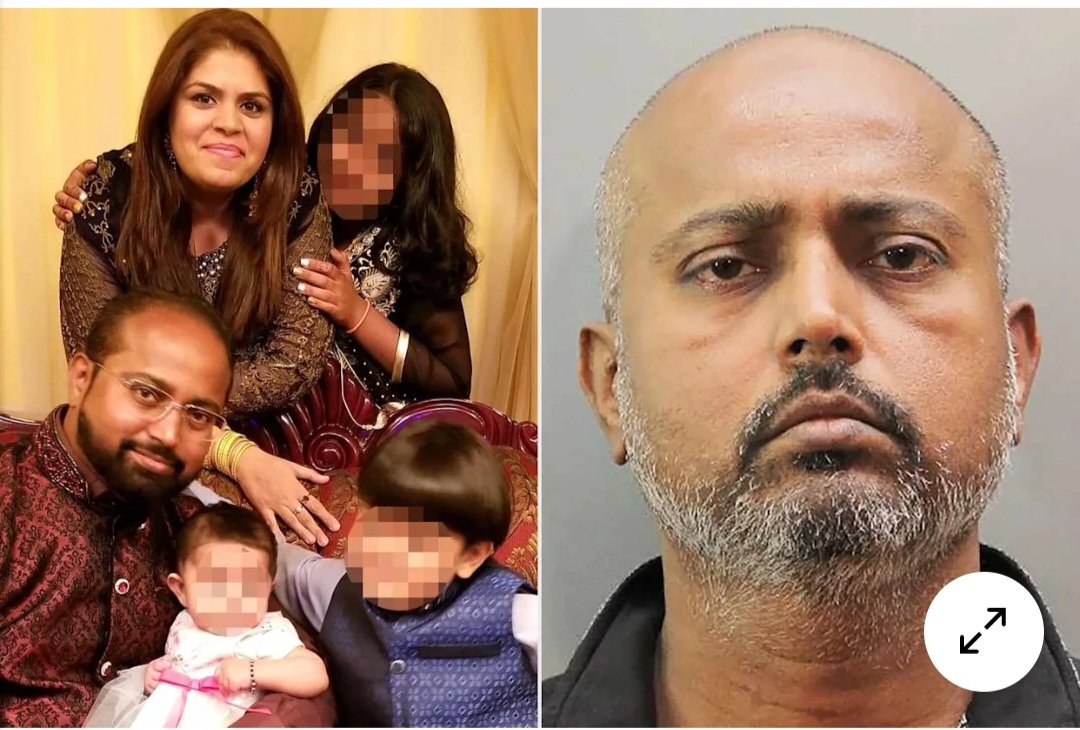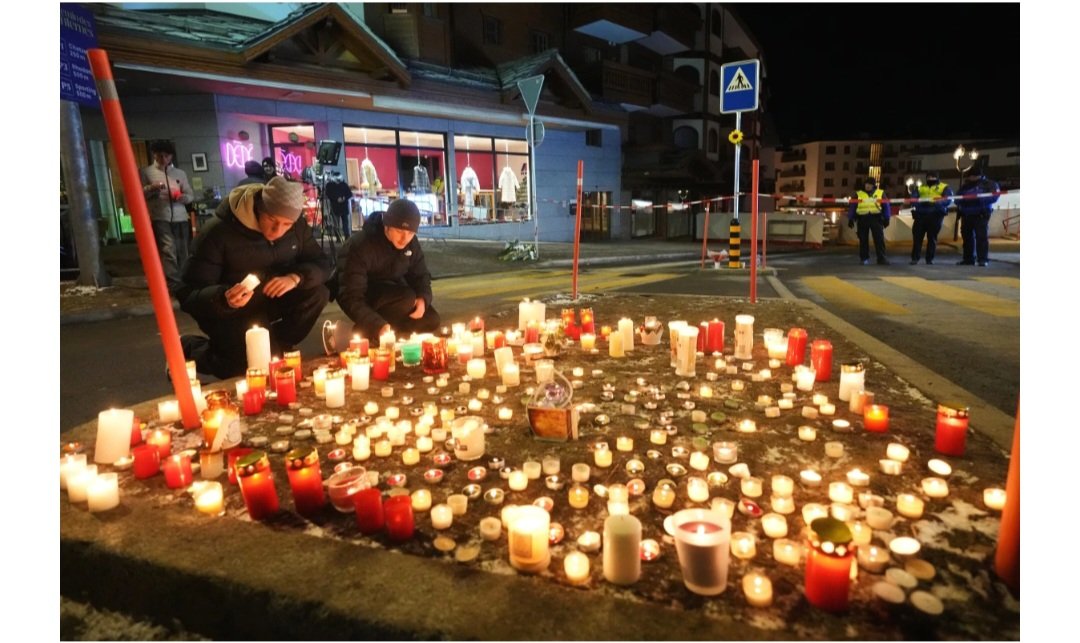
The lawsuit accusing Jay-Z of sexual assault has been officially dismissed, marking a significant legal victory for the music mogul.
According to court documents obtained by Us Weekly on Friday, February 14, the lawsuit was “dismissed with prejudice,” meaning it cannot be refiled. The lawsuit alleged that Jay-Z, whose real name is Shawn Carter, and Sean “Diddy” Combs raped a 13-year-old girl at an MTV Video Music Awards afterparty in September 2000. Both men have consistently denied the claims.
Jay-Z’s attorney, Alex Spiro, responded to the court’s decision in a statement. “The false case against Jay-Z, that never should have been brought, has been dismissed with prejudice,” Spiro said. “By standing up in the face of heinous and false allegations, Jay has done what few can—he pushed back, he never settled, he never paid one red penny, he triumphed and cleared his name.”
Following the ruling, Jay-Z took to social media via his Roc Nation platform, calling the dismissal a “victory.”
“This civil suit was without merit and never going anywhere,” the rapper wrote on X (formerly Twitter). “The fictional tale they created was laughable, if not for the seriousness of the claims. I would not wish this experience on anyone. The trauma that my wife, my children, loved ones, and I have endured can never be dismissed.”
While celebrating the legal outcome, Jay-Z expressed his support for both victims of sexual violence and those falsely accused.
“The court must protect victims, OF COURSE, while with the same ethical responsibility, the courts must protect the innocent from being accused without a shred of evidence,” he continued. “May the truth prevail for all victims and those falsely accused equally.”

The case was dismissed by Judge Analisa Torres of the Southern District of New York on procedural grounds. Spiro successfully argued that Jay-Z could not be prosecuted under New York City’s Gender-Motivated Violence Protection Act (GMVA), as the law did not exist at the time of the alleged r*pe.
The GMVA was enacted in December 2000, three months after the 2000 VMAs, and was later amended in 2022 to provide a two-year window for historical claims. However, Spiro contended that the law could not be applied retroactively.
“Plaintiff cannot recover for her sole claim under the Victims of Gender-Motivated Violence Protection Act, as a matter of law, because the statute does not have retroactive effect,” Spiro stated.
Tony Buzbee, the attorney representing the accuser, known as Jane Doe, argued that the GMVA’s purpose was to ease the legal process for survivors. “Defendant’s argument as to the GMVA is unpersuasive, as it is contrary to the law’s primary intention: to make it easier for victims of gender-motivated violence to seek civil remedies in court—not, as Defendant would have it, make it harder,” Buzbee countered in court documents.
Although Jay-Z secured a victory in this lawsuit, legal tensions between him and Buzbee continue. The rapper has filed a separate lawsuit against Buzbee, accusing him of extortion and defamation.
Meanwhile, Buzbee has also taken legal action against Jay-Z and Roc Nation, alleging that the company bribed its clients to file lawsuits against his firm, threatened former clients, and even impersonated state officials. Roc Nation has dismissed the allegations, calling them “baloney.”
As the dust settles on this case, the legal battle between Jay-Z and Buzbee is far from over. However, for now, Jay-Z stands vindicated, having successfully defended himself against allegations he has long maintained were completely false.
Credit: US Weekly







